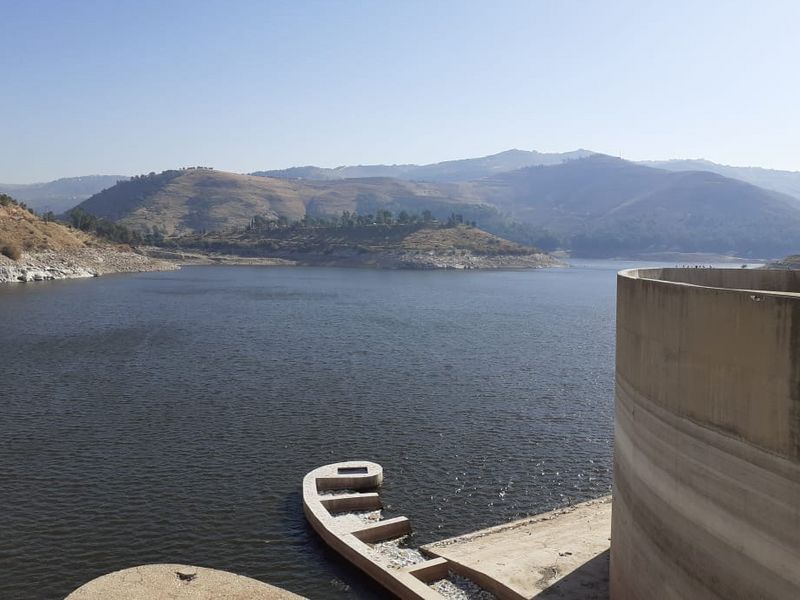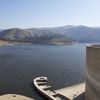Jordan:Support for Efficient and Effective Energy Management within the Jordanian Water Sector
Disciplines
-
Masterplanning
-
Environment & Sustainability
-
Sanitation
Companies
Dorsch International Consultants
Client
Water Authority of Jordan (WAJ), Ministry of Water and Irrigation (MWI)
Duration
From 2019 to 2020Project Activities
Component 1: Increasing Energy Efficiency in the Water Sector (IEE)
- Develop a sector wide Water-Energy Balances Database
- Introduce an Energy Management System (EMS) according to ISO 500001 in the water sector
- Elaborate an Operational Action Plan to implement energy efficiency and renewable energy measures in the water sector in accordance with the national strategic action plan
- Develop and implement mature energy efficiency approaches suitable for up-scaling
Component 2: Renewable Energies in the Water Sector (REW)
- Develop innovative renewable energy approaches suitable for up-scaling
Contact
Dorsch International Consultants GmbH
München (Headquarters)
80687 München
Germany
Phone: +49 89 5797-0
Fax: +49 89 5797-800
E-Mail: info@dorsch.de
Description
Jordan is among the world’s top countries with highest water scarcity. Consequently, wells, pumping stations, water treatment plants and wastewater treatment plants consume high amounts of electricity. As a result, the energy consumption in the water sector has increased by 37%, the electric tariffs by 281% and the electric bills by 355% in the last 9 years.. The present electricity cost exceeds 50% of the running costs in water and wastewater operations and based on the current development of the energy tariff it is expected to reach 75% in the coming few years.
In addition, high rates of water losses which can be traced by physical leakages (technical losses) as well as illegal connections and incorrect billing (administrative losses) increase the economic pressure on the Jordanian water sector. This is heightened by the high number of refuges and the growing domestic population.
As a result this project aims to introduce an Energy Management System (EnMS) according to ISO 50001 standard to improve energy efficiency and integrate renewable energy solutions in the water sector consequently contributing to climate change mitigation efforts. The long-term objective is to secure the country`s future water supply. To this end, capacities are to be improved and infrastructure investments are to be implemented to contribute to integrated water management and increasing water-use efficiency along four thematic areas of cooperation: Water supply, wastewater, energy for water, governance and planning.

